HS-LS1-3
Plan and conduct an investigation to provide evidence that feedback mechanisms maintain homeostasis.
-
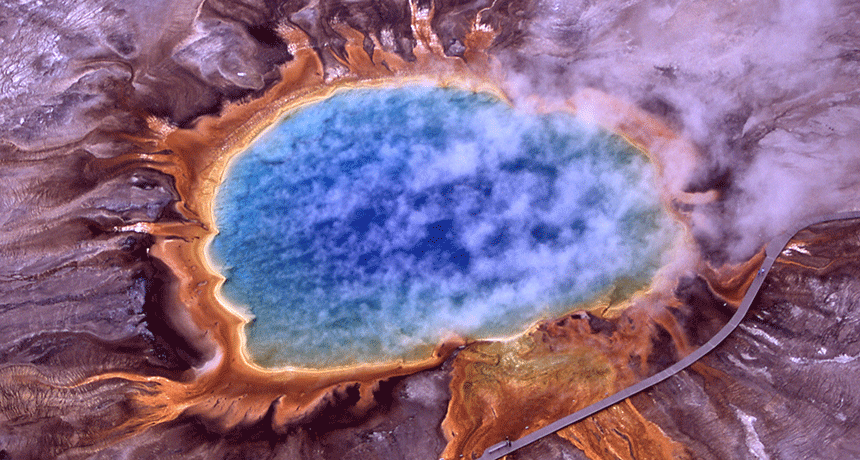 Animals
AnimalsScientists Say: Extremophile
Some species can survive high heat, freezing cold or other extreme environments. Scientists call these organisms extremophiles.
-
 Health & Medicine
Health & MedicineIs your home chilly? This might just be healthy
Feeling mildly cold (or a bit too warm) forces the body to adjust what it’s doing to maintain a healthy temperature. And that can do a body good, data now show.
-
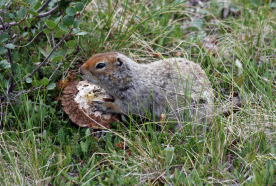 Health & Medicine
Health & MedicineHibernation: Secrets of the big sleep
Mammals from bears to squirrels hibernate the winter away. Learning how they do it might one day help people mimic aspects of it to heal from brain injuries or voyage to Mars.
-
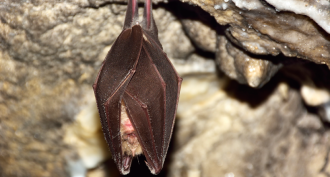 Animals
AnimalsExplainer: How brief can hibernation be?
Many animals frequently slow body functions and drop their temperatures — sometimes for just a day. Is that hibernation, or just torpor? Are the two even related? Scientists disagree.
-
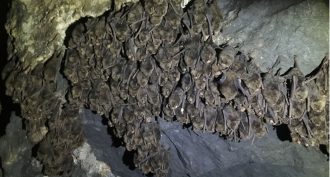 Animals
AnimalsScientists Say: Hibernation
Hibernation is more than a deep sleep. Animals that hibernate lower their body temperature and reduce their body activities for months.
-
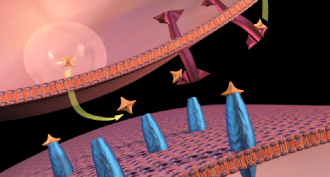 Brain
BrainExplainer: What is dopamine?
Dopamine is a chemical messenger that carries signals between brain cells. It also gets blamed for addiction. And a shortage of it gets blamed for symptoms of diseases such as Parkinson’s.
-
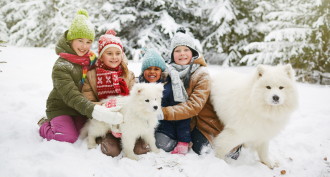 Health & Medicine
Health & MedicineSeven tips for staying safe in frigid weather
Maps? Check. Water? Check. Insulating clothes? Check. Here’s the checklist to consult before planning to trek out in the frigid cold.
By Susan Moran -
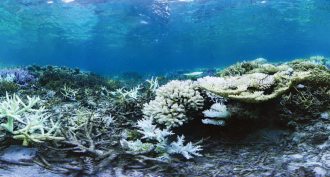 Oceans
OceansCreative ways to help coral reefs recover
Coral reefs are under siege from threats ranging from climate change to explosives. But scientists are developing ways to rebuild reefs before they disappear.
-
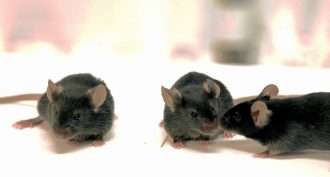 Brain
BrainPain is contagious — at least in mice
Pain can move from one mouse to another. The trigger may be smell.
-
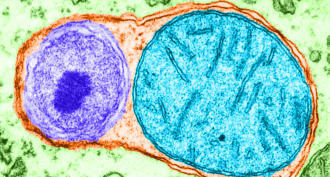 Life
LifeNobel awarded for unveiling how cells recycle their trash
Cell biologist Yoshinori Ohsumi has won the 2016 Nobel Prize for physiology or medicine for discovering how cells take care of housekeeping.
By Meghan Rosen and Laurel Hamers -
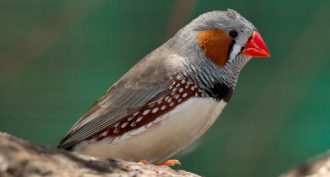 Health & Medicine
Health & MedicineZebra finches can ‘drink’ water from their own fat
When water is scarce, thirsty zebra finches can produce their own water. They do it by breaking down their body fat.
By Susan Milius -
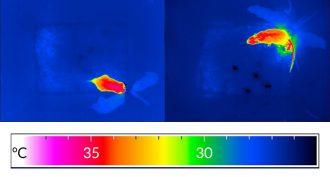 Brain
BrainMice brains hint at how bodies keep their cool
Nerve cells in mice can keep the body cool and may prevent high fevers. The discovery could have implications for obesity and other health issues.